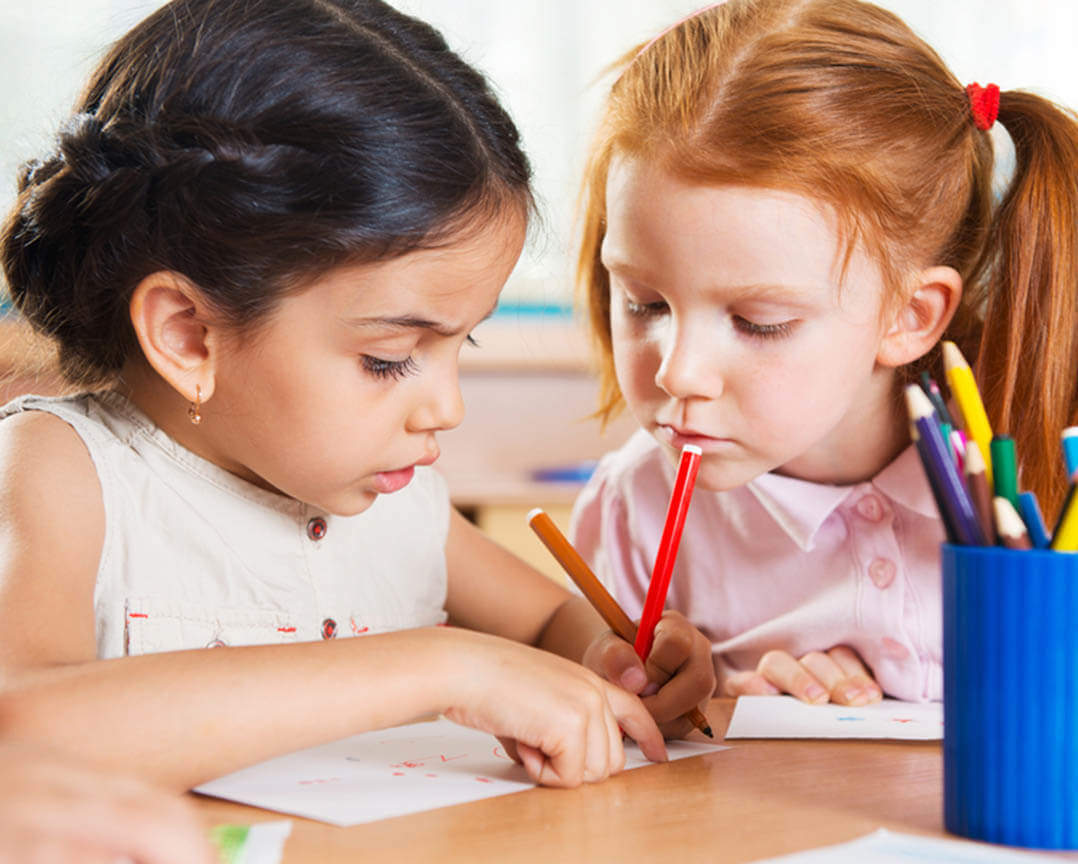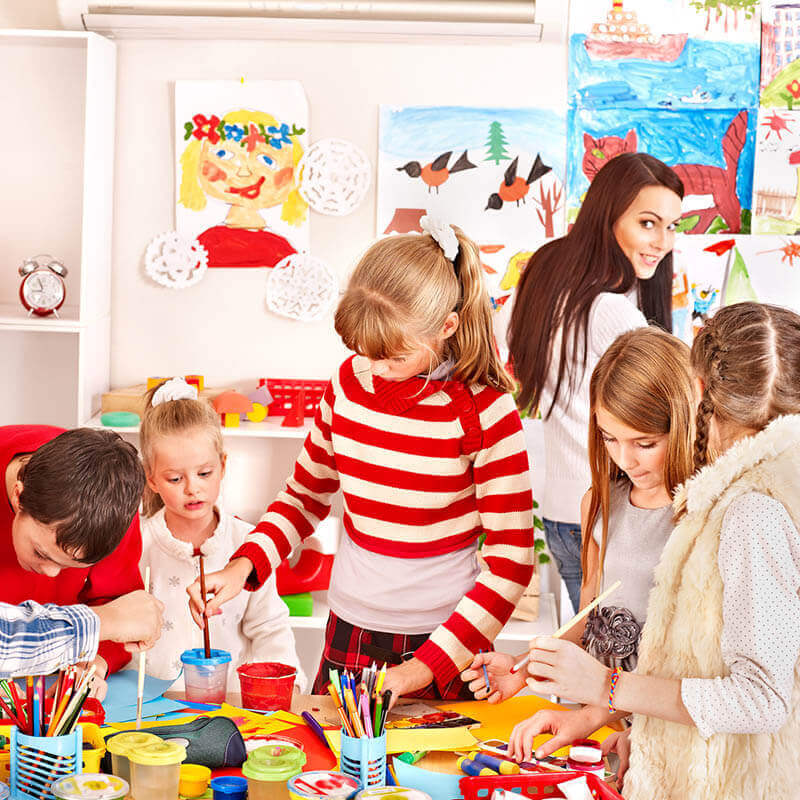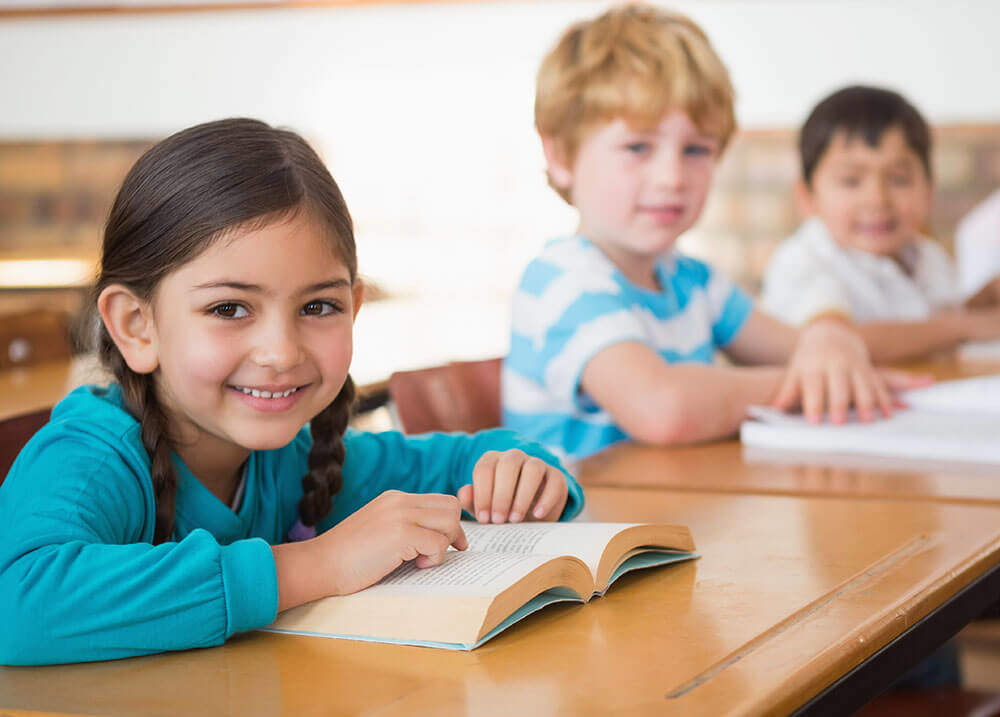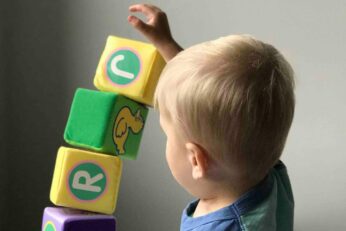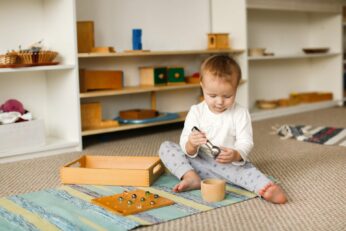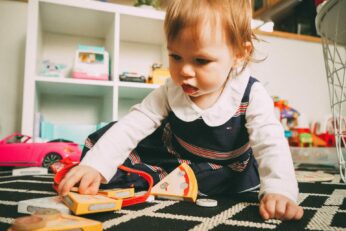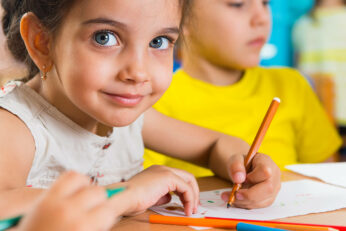Montessori is based on the principle of educating the “whole child” rather than just the verbal/ mathematical portion of intelligence. These years should be ripe with opportunities for social and emotional development in the learning of these human potentialities. In fact, without such development, a child is more likely to struggle in school and in later life. The years between 0 and 6 set the stage for most all that is to come in terms of social and emotional potential.
The child is leaving the self-centered years of infancy and is becoming a social being for the first time. What we take for granted as adults, like washing hands, waiting one’s turn, sharing, resolving conflicts using language instead of fists, are the most appropriate focus of instruction. The Montessori environment is perfect for these aims. Educators are well-trained to help children through these critical first attempts at becoming a social being. If a child starts at the age of 3, it seems that writing, then reading naturally develop. Children need time to find themselves and their place within a community of peers. True learning cannot take place as effectively without this foundation.
We urge parents and families to begin this journey for their child at age 3 or 4 rather than wait until kindergarten. Such a decision will not be regretted. Unless there is a learning problem that needs to be addressed, your child will very likely be writing, reading, and counting happily without stress, without tears.
